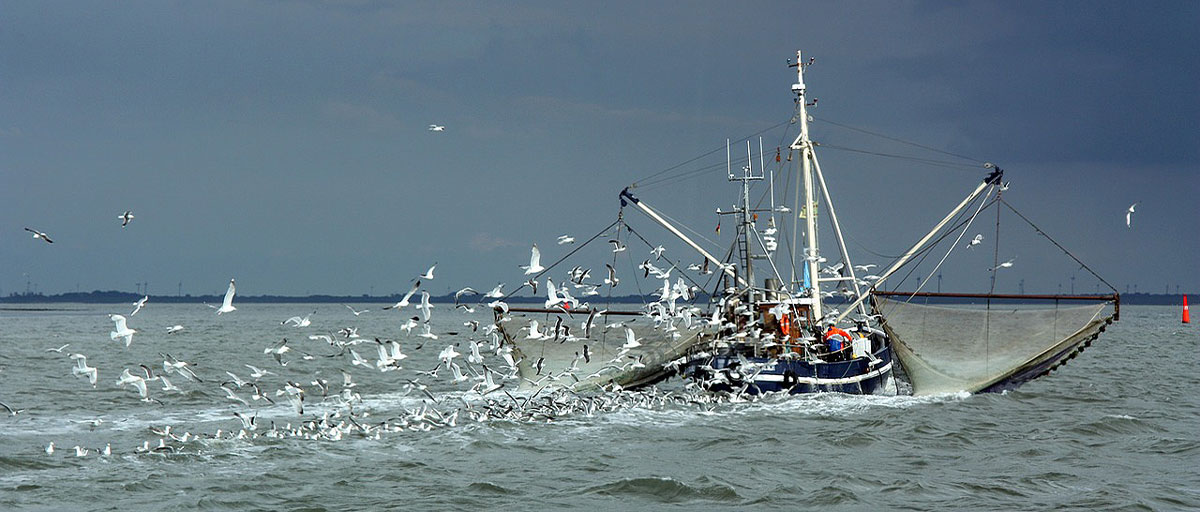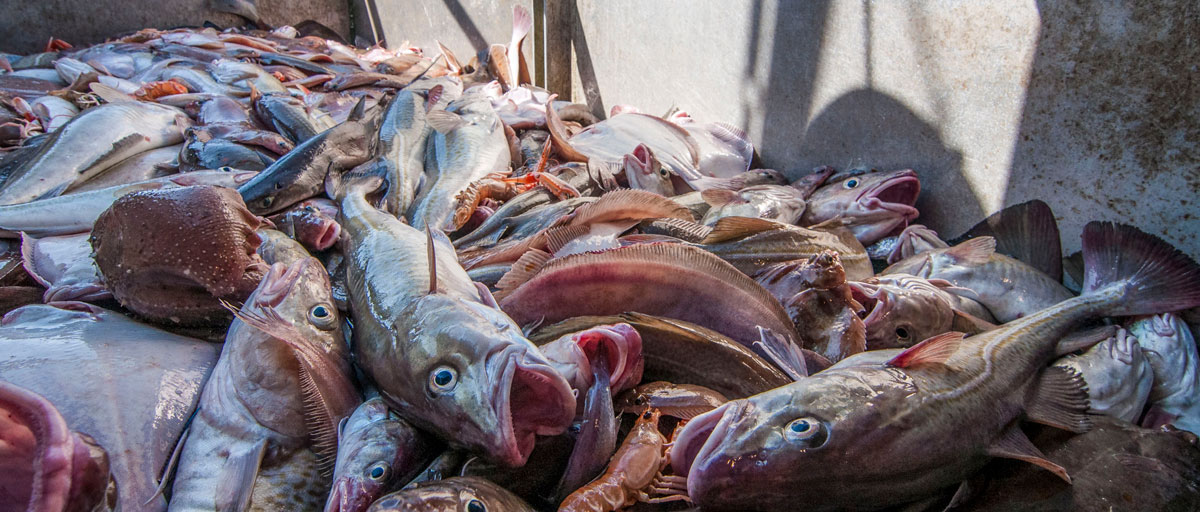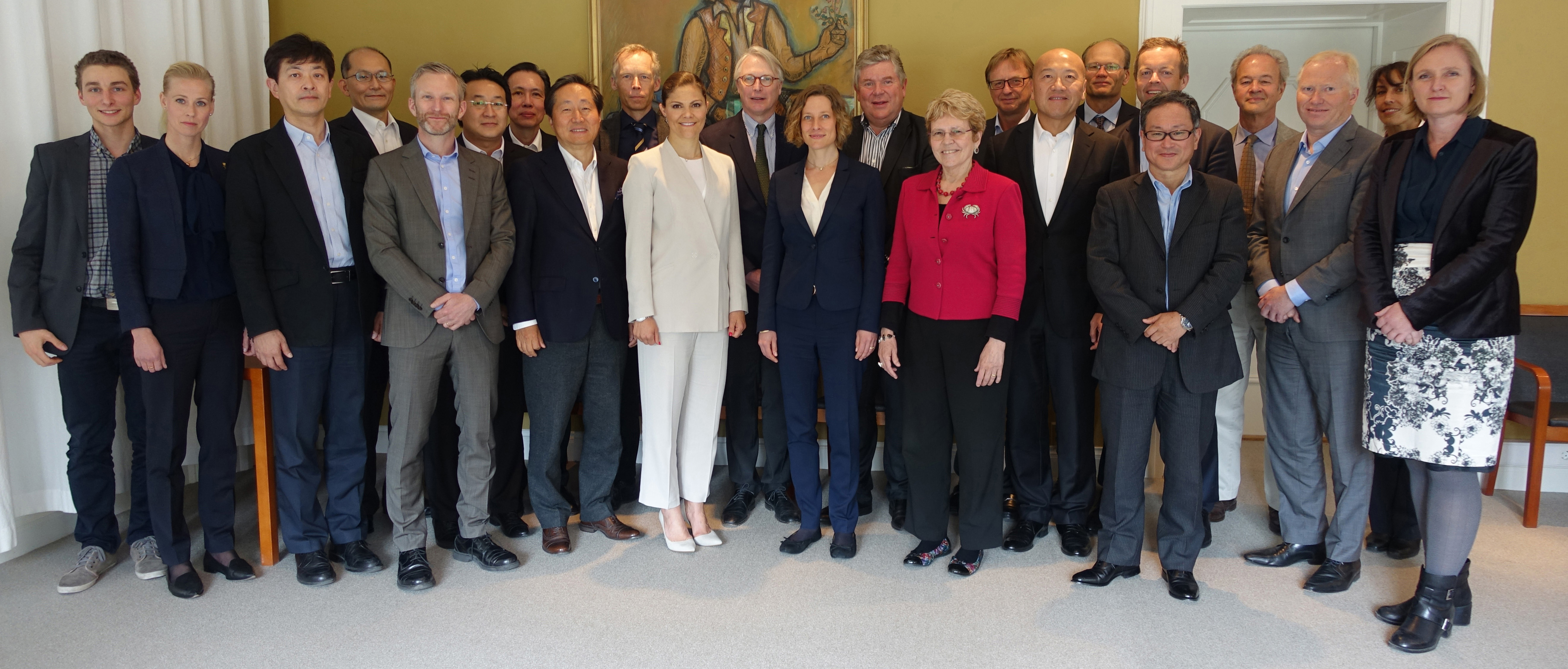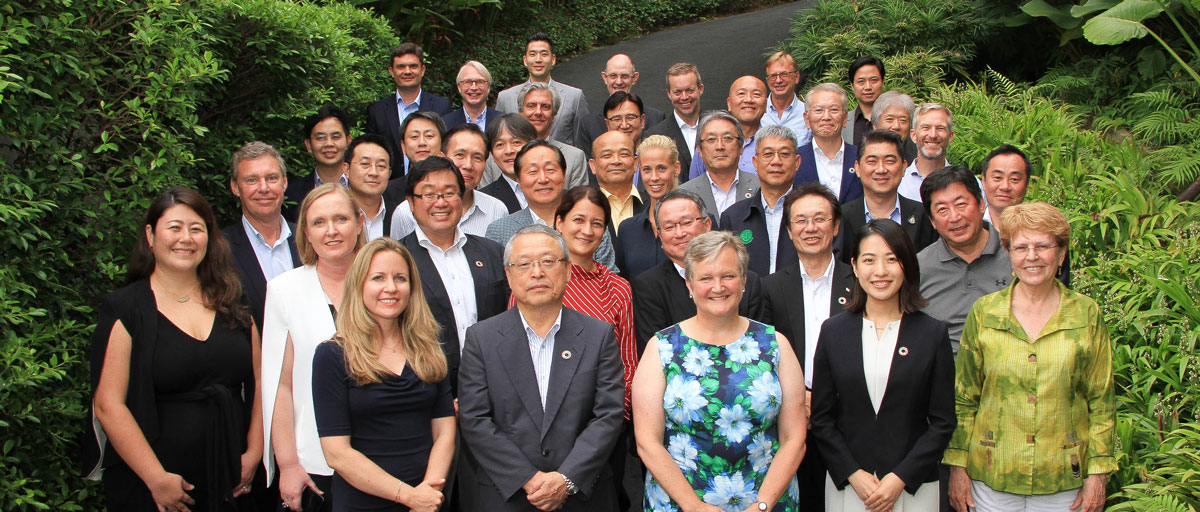
Drawing on research from the seafood industry, a new study demonstrates how accounting shapes and is shaped by the interaction between society, the economy, and the environment. This means accounting also has a role to play when it comes to finding ways to deal with environmental change. Photo: Needpix
Bildtext får vara max två rader text. Hela texten ska högerjusteras om den bara ska innehålla fotobyline! Photo: B. Christensen/Azote
TRANSDISCIPLINARITY
Help from an unexpected source
Accounting can be much more than just crunching numbers. Imagine it saving our environment
- Living in the age of the Anthropocene calls for including discussions about humanity’s impact on the environment into a wide range of disciplines, including accounting.
- The study highlights accounting’s potential to offer insight into how changes spread throughout society and the environment.
- Using seafood production to demonstrate this point, the researchers explain how accounting has a direct tie to the environment
Perhaps accountants really are superheroes in disguise. The mundane dealing with numbers may not be the first thought that comes to mind when thinking about ways to save our planet, but don’t rush to conclusion just yet.
In a study published in the Accounting, Auditing, & Accountability Journal, Jan Bebbington from the Department of Accounting in Birmingham University, UK along with centre researchers Henrik Österblom, Beatrice Crona, and Jean-Baptiste Jouffray demonstrate how accounting shapes and is shaped by the interaction between society, the economy, and the environment.
This also means it could also be used to better understand the connections and potential changes that occur between society and the environment. So far, these connections remain underappreciated both within and beyond the accounting discipline.
We suggest that accounting should be called to function in a setting where global scale environmental effects engender and are affected by social and economic changes in complex, rapid and chaotic ways.
Jan Bebbington, lead author
The researchers collaborated with Carlos Larrinaga (University of Burgos, Spain) and Shona Russell (University of St Andrews, UK) and Bert Scholtens (University of St Andrews, UK and University Groningen).
An economic imprint on the planet
Bebbington and her colleagues argue that organisations should shift the focus away from economic priorities and towards recognising their impact on the environment. In this way, organisations could redefine their purpose and re-evaluate their actions to align with conversations surrounding the Anthropocene. This is where accounting comes in.
To picture how this works in practice, the researchers apply their ideas to the seafood industry. Large-scale seafood organisations are both profiting as well as wholly dependent on marine resources. Too much extraction is equivalent to sawing off the branch they are sitting on.
One of the recent years’ most exciting efforts to curb unsustainable management within the seafood industry is the Seafood Business for Ocean Stewardship (SeaBOS) initiative. It is a joint initiative between the world’s largest commercial seafood companies and science to strengthen sustainable practices within the seafood industry. It also is the basis for a partnership between researchers in natural science and scholars of accounting and finance.
The authors note the effectiveness of connecting these perspectives for engaging both science and practice towards positive change within the seafood industry.
Stewards of the sea
Bebbington and her colleagues believe new forms of research could arise as accounting adopts an Anthropocene framing. This is not limited to only accounting, as many (if not all) scientific disciplines should consider their role in a world where humans are the driving force behind environmental change.
Says Jan Bebbington: "Interdisciplinary and transdisciplinary work will help create a shift in business organisations’ influence on the environment."
Merging work from accounting, finance, and science also leads to another important idea: the revival of stewardship. Specifically, ocean stewardship will arise as a way to encourage companies to take responsibility for their environmental impacts and to rethink their objectives.
"This framework could act as the basis for effective transformation within companies, where thinking about social and environmental impacts becomes second nature," Bebbington concludes.
Bebbington, J., Österblom, H., Crona, B., Jouffray, J., Larrinaga, C., Russell, S. and Scholtens, B. 2019. Accounting and accountability in the Anthropocene. Accounting, Auditing & Accountability Journal. DOI: 10.1108/AAAJ-11-2018-3745









